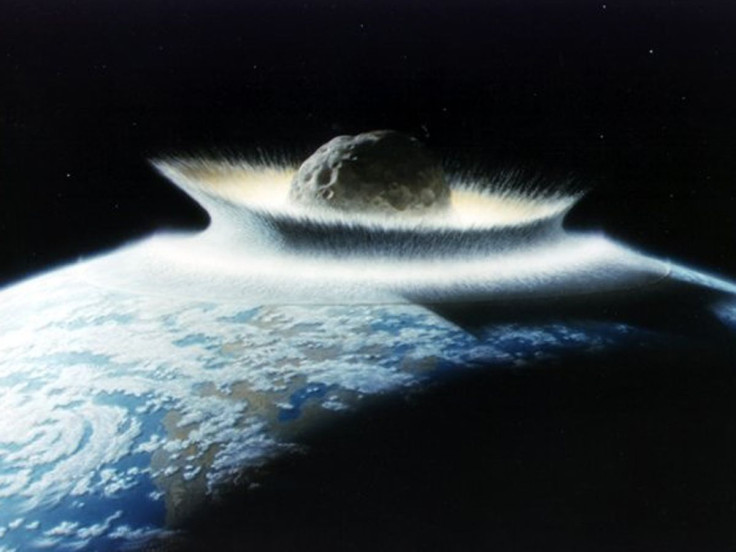WATCH: 427-Foot Asteroid Narrowly Misses Earth; Scientists Unaware It Was Headed To Earth

Astronomers admitted that they were unaware of the presence of the massive asteroid that barely missed Earth last week. The asteroid was dubbed as a “city killer” due to the level of destruction it would have caused if it collided with Earth.
On July 25, an asteroid known as 2019 OK flew past Earth from a distance of only 0.00048 astronomical units or roughly 45,000 miles away, making it closer to the planet than the Moon.
According to NASA’s Center for Near Earth Object Studies, the asteroid traveled at a speed of 55,000 miles per hour and was around 426 feet long.
The asteroid’s flyby was detected by the All Sky Automated Survey for SuperNovae (ASAS-SN), a program designed to monitor various astronomical activities through robotic telescopes.
In a video shared by ASAS-SN on Twitter, 2019 OK can be seen as it narrowly missed a direct collision with Earth as their orbits intersected.
Despite the asteroid’s near-collision approach, astronomers noted that they had no idea of 2019 OK’s presence before it crossed Earth’s orbital path. Astronomer Mike Brown from Melbourne, Australia said that he and his colleagues only became aware of the asteroid after it passed by Earth.
“It snuck up on us pretty quickly,” he told The Washington Post. “People are only sort of realizing what happened pretty much after it’s already flung past us.”
According to scientists, if the asteroid collided with Earth, it would have wiped out an entire city due to the magnitude of the explosion it would have caused.
“It would have gone off like a very large nuclear weapon,” Brown explained. “Many megatons, perhaps in the ballpark of 10 megatons of TNT, so something not to be messed with.”
Despite the catastrophic effect of a possible impact, scientists believe that 2019 OK is not capable of triggering the same level of environmental effect caused by the asteroid that wiped out the dinosaurs millions of years ago.
Compared to the mile-wide asteroids that can cause extinction-level events, 2019 OK is significantly smaller and can actually be deflected using today’s technological advancements.
“We don’t have to go the way of the dinosaurs,” astronomer Alan Duffy from Australia said. “We actually have the technology to find and deflect certainly these smaller asteroids if we comic to it now.”
© Copyright IBTimes 2024. All rights reserved.





















